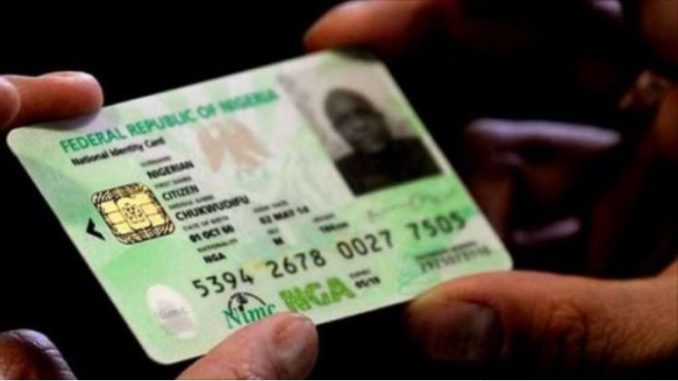
The National Identification Management Commission (NIMC) says it registered and issued national identification numbers to about 38 million Nigerians out of an estimated 200 million.
Aliyu Aziz, director-general of the commission, said this on Monday at the ‘pre-EOI submission conference’ put together for prospective licencees of the digital identity ecosystem project.
As part of the plan to address the challenges associated with providing digital identification for all Nigerians, Aziz said the ‘ecosystem project’ aims at leveraging “on the capacities and capabilities of public and private sector organisations in achieving digital ID rollout scale within three to five years”.
He said for Nigeria to meet the sustainable development goal, which includes providing legal identity for all by 2030, a collaborative commitment from stakeholders is important.
“The world is focusing on digital identity as can be seen in the Sustainable Development Goal 16.9 (provide legal identity for all, including birth registration by 2030),” Aziz said.
“This means that we have just about 11 years to the deadline.
“Thus far, the commission has successfully registered and issued unique IDs to about 38 million Nigerians out of the country’s population estimated to about 187 million.
“Even with the significant strides made in the last four years, the task ahead of us is huge and require the full collaboration, commitment and support of all stakeholders including everyone here today.”
Uche Chigbo, deputy-general manager of the commission, said the road-map for the project aims at having “at least 4000 enrollment points across the nation”.
“That is for every 50,000 people, there should be an enrollment centre,” Chigbo said.
She said this process would help the commission avoid duplicating data collection at high cost and speed up delivery.
According to Chigbo, partners who follow NIMC’s laid down procedures in carrying out data collection, will be paid “per successful enrollment(that is if a NIN is generated)”.
She said NIMC targets not only Nigerians living in the country, but also Nigerians in the diaspora.
“We are targeting adults, children, foreign legal residents, refugees and internally displaced persons in Nigeria,” she added.
She also said coverage would be extended to “undocumented” people who claim to be Nigerians and have lived in the country for long but have no means of proving it.
END

Be the first to comment